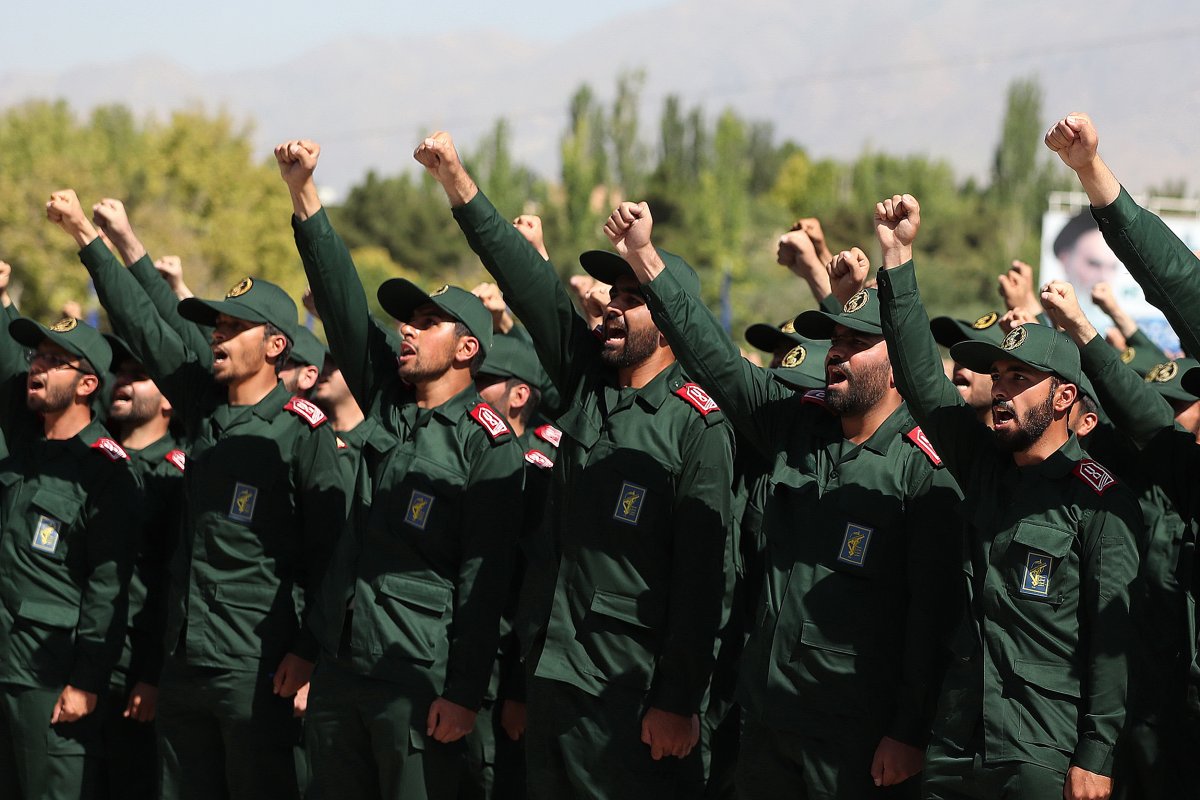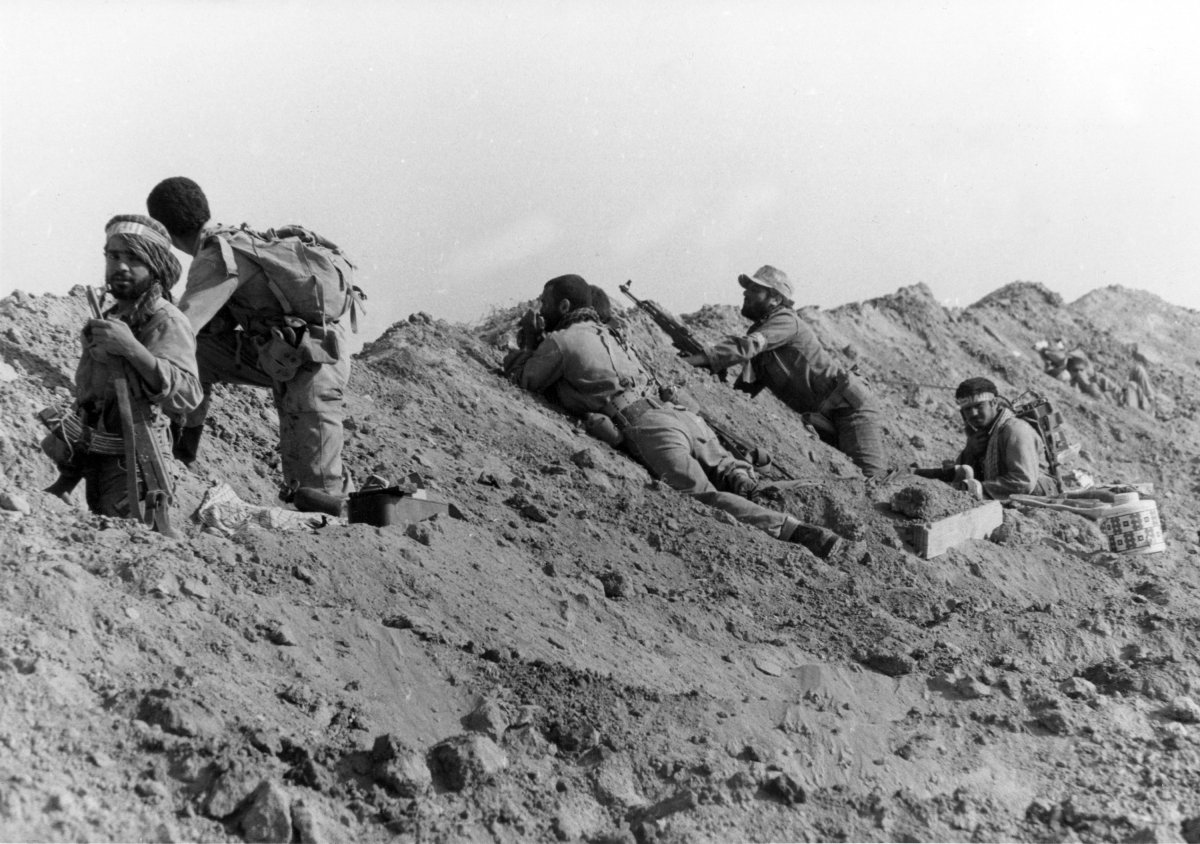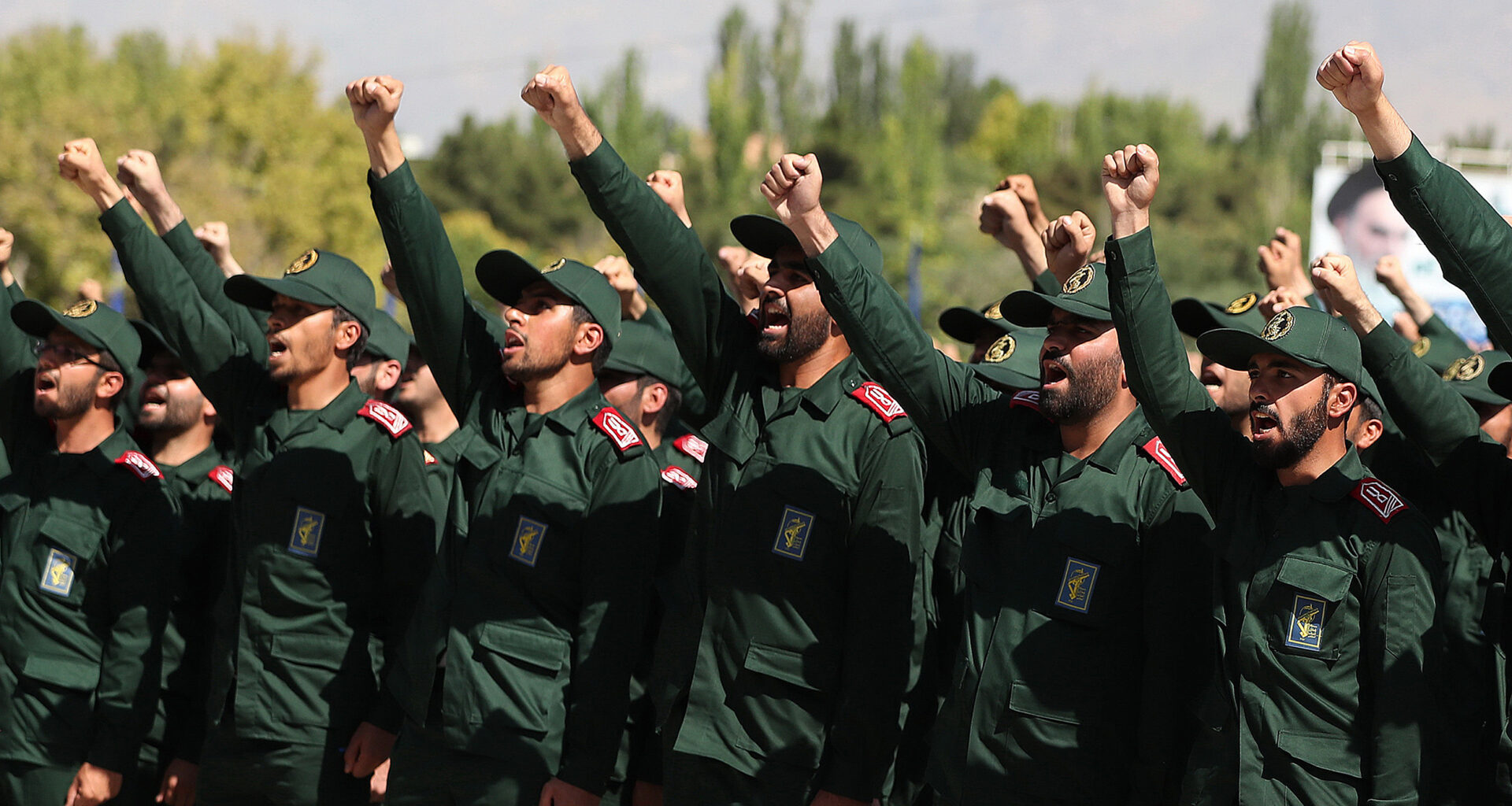Iran’s Islamic Revolution Guard Corps (IRGC) has warned that any miscalculation or act of aggression by the United States or Israel could prompt a “deadly” response. The statement, issued Sunday as Iran marked the anniversary of the Iran-Iraq War, emphasized that Tehran would act decisively and seize battlefield initiative if threatened.
The IRGC placed the warning in the context of past conflicts, including June’s 12-day war, highlighting the country’s military readiness while underscoring the broader risks of regional escalation.
Newsweek has reached out to the U.S. State Department and Iran’s Foreign Ministry for comment.
Why It Matters
The warning highlights the region’s volatility following recent clashes between Iran, Israel, and the U.S., reflecting Tehran’s determination to protect its strategic interests. That posture is closely tied to tensions over Iran’s nuclear program, which the U.S. and its allies view as edging toward weapons capability, even as Tehran insists its work is peaceful. Combined with ongoing sanctions that strain the economy, the IRGC’s statements serve both as a domestic rallying point and a signal to foreign powers.

Iranian Supreme Leader Ayatollah Seyyed Ali Khamenei attended the graduation ceremony of The Islamic Revolutionary Guard Corps (IRGC), held at the military cadets Imam Hussain Officers Academy. Tehran, Iran 30/06/2018.
Iranian Supreme Leader Ayatollah Seyyed Ali Khamenei attended the graduation ceremony of The Islamic Revolutionary Guard Corps (IRGC), held at the military cadets Imam Hussain Officers Academy. Tehran, Iran 30/06/2018.
Salampix/AP Photo
What To Know
The IRGC said Iran’s defense strategy is rooted in constant readiness, strategic and tactical innovation, and the steady advancement of military technologies. It added that the country’s armed forces are enhancing offensive and defensive systems and will deliver a crushing response to any hostile act by adversaries.
The statement singled out both Israel and the U.S., referring to what Tehran called an “illegal aggression” earlier this year.
12-Day War
On June 13, Israel launched a strike inside Iran that sparked nearly two weeks of fighting, which Tehran called unprovoked and condemned for causing heavy casualties, including military leaders and civilians. The U.S. later carried out airstrikes on three Iranian nuclear sites, actions Iran denounced as serious violations of international law.
On Saturday, President Donald Trump said that the operation destroyed Iran’s enriched uranium stockpiles. Speaking at a dinner hosted by the conservative American Cornerstone Institute in Washington, he praised the B-2 stealth bomber pilots who flew the 37-hour mission, calling the strike a success that had “obliterated Iran’s nuclear hopes.”

Iranian soldiers on the offensive in the desert inside Iraqi territory north and west of the Iraqi Zeid outpost are seen, July 1982.
Iranian soldiers on the offensive in the desert inside Iraqi territory north and west of the Iraqi Zeid outpost are seen, July 1982.
Kayhan/AP Photo
Iran-Iraq War Legacy
Marking the anniversary of the Iran-Iraq War, the IRGC linked the June strikes to Iran’s long-standing experience of defending its territory against foreign attacks. The eight-year conflict, which began in September 22, 1980, when Saddam Hussein’s Iraq launched a surprise invasion, left an estimated one million people dead and devastated large portions of Iran’s infrastructure.
Nuclear Negotiations
According to state media, Iran and the three European countries of France, Britain, and Germany (E3) are set to hold talks on Tehran’s nuclear program in New York early this week, on the sidelines of the United Nations General Assembly. Iranian Foreign Minister Abbas Araghchi left Tehran Sunday to lead the delegation, with discussions following the UN Security Council’s failure Friday to adopt a resolution extending sanctions relief under the 2015 nuclear deal.

Head of the Office for the Coordination of Humanitarian Affairs (OCHA) Ramesh Rajasingham speaks via video monitor at a United Nations Security Council meeting on the situation in the Middle East at United Nations Headquarters…
Head of the Office for the Coordination of Humanitarian Affairs (OCHA) Ramesh Rajasingham speaks via video monitor at a United Nations Security Council meeting on the situation in the Middle East at United Nations Headquarters on Sunday, Aug. 10, 2025.
More
Stefan Jeremiah/AP Photo
What People Are Saying
IRGC said in a statement: “In the event of any new miscalculation or aggression by the enemy, the Islamic Republic of Iran will take the initiative on the battlefield with a commanding position and deliver another deadly response.”
U.S. President Donald Trump on Saturday: “I also obliterated Iran’s nuclear hopes by totally annihilating their enriched uranium. Every single one of those bombs hit its targets. It was absolutely amazing and they were the heroes.”
British Ambassador to the U.N. Barbara Woodward: “The United Kingdom remains committed to a diplomatic solution. We are ready for further engagements diplomatically in the next week and beyond to seek to resolve differences.”
What Happens Next
Iran’s warning suggests it will continue to expand its military capacity while preparing for renewed confrontation.
